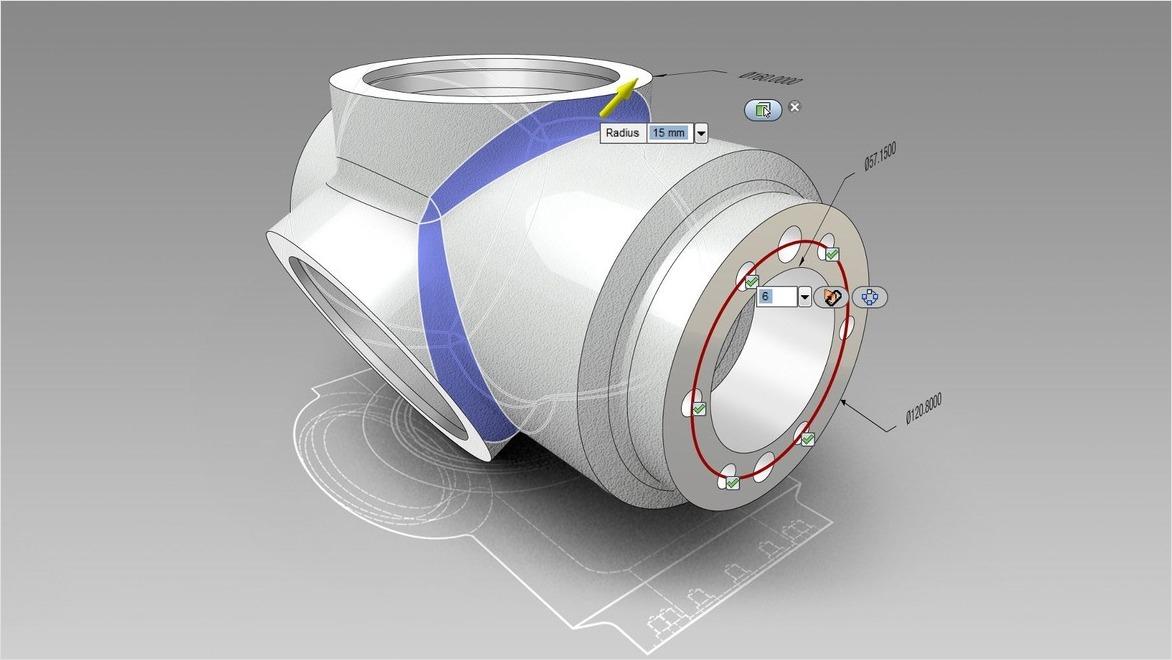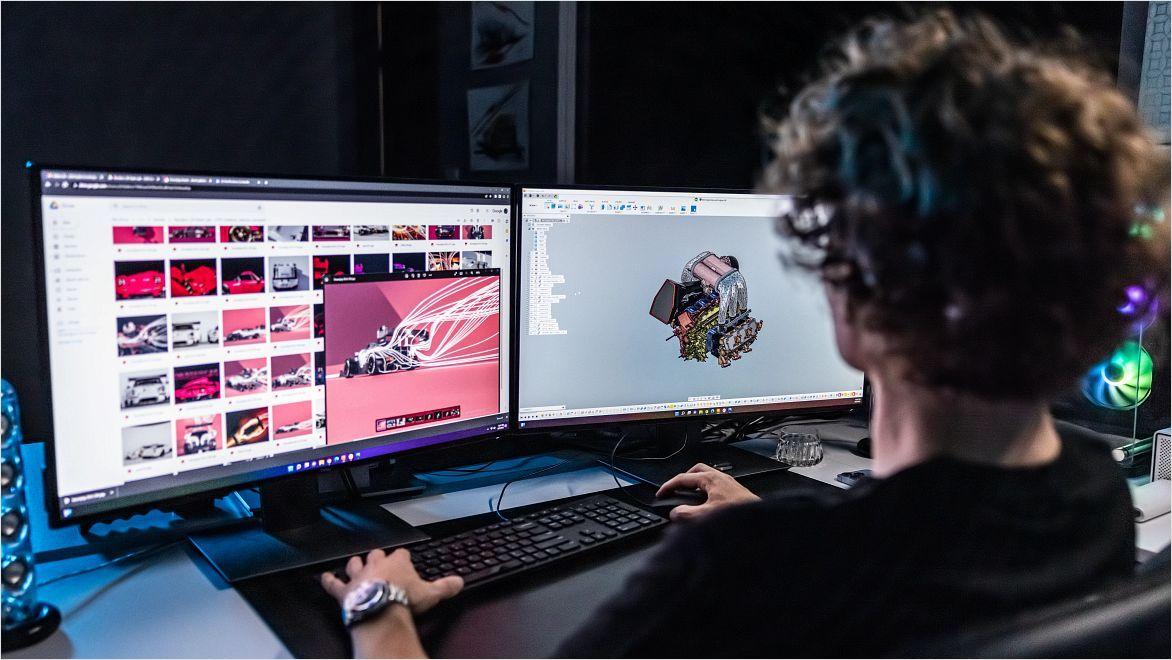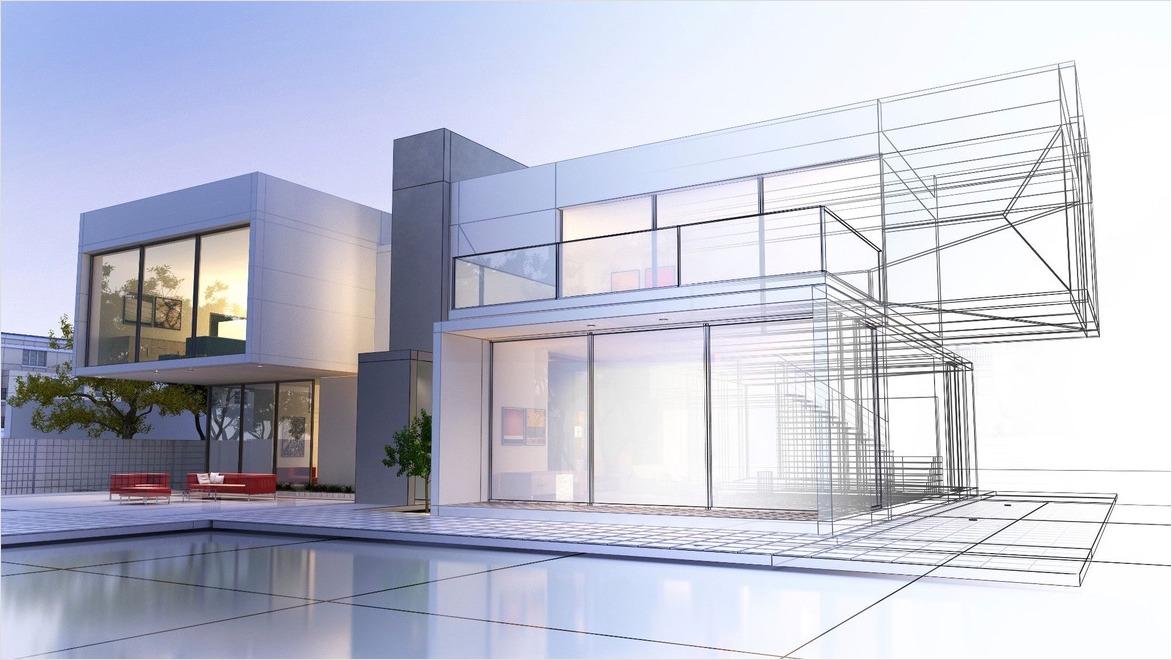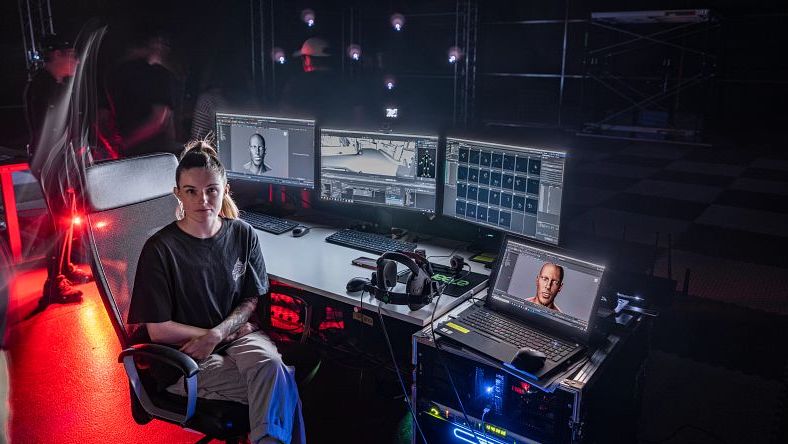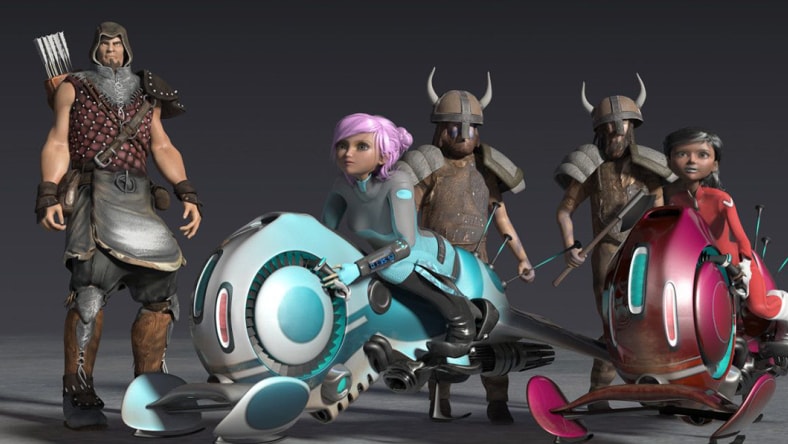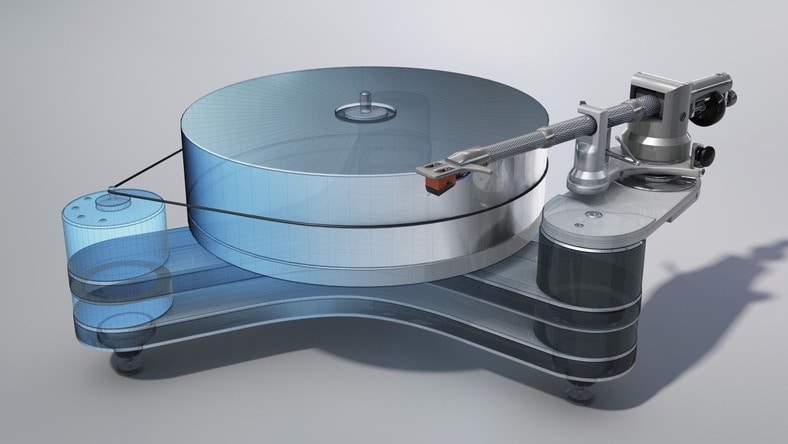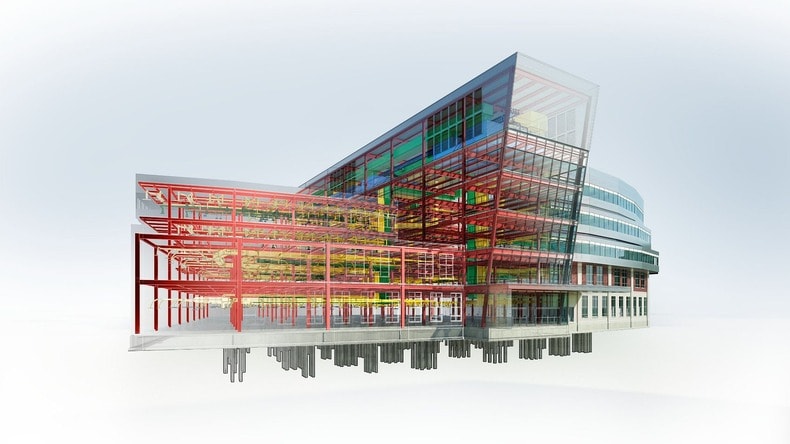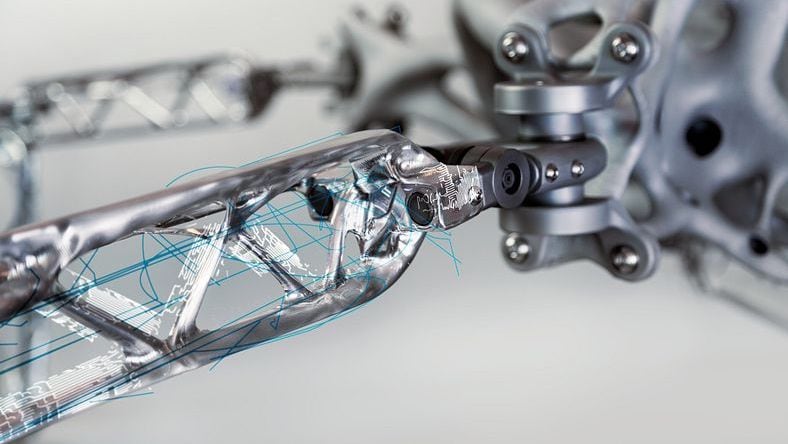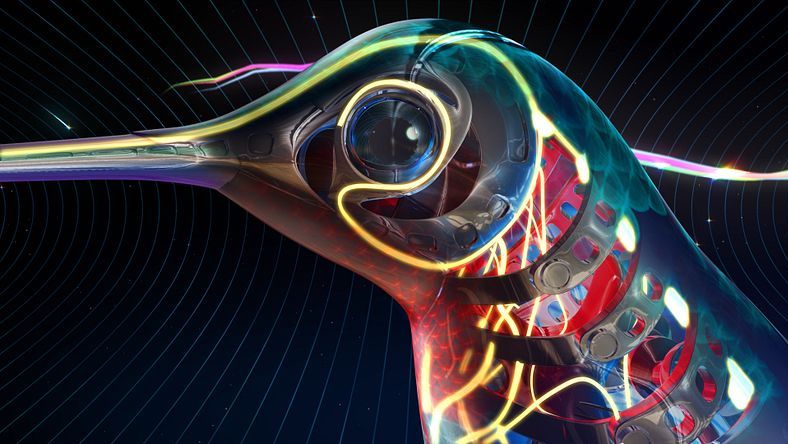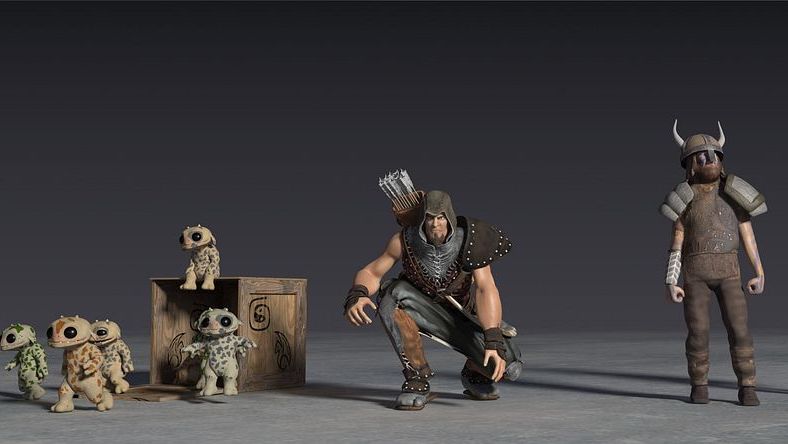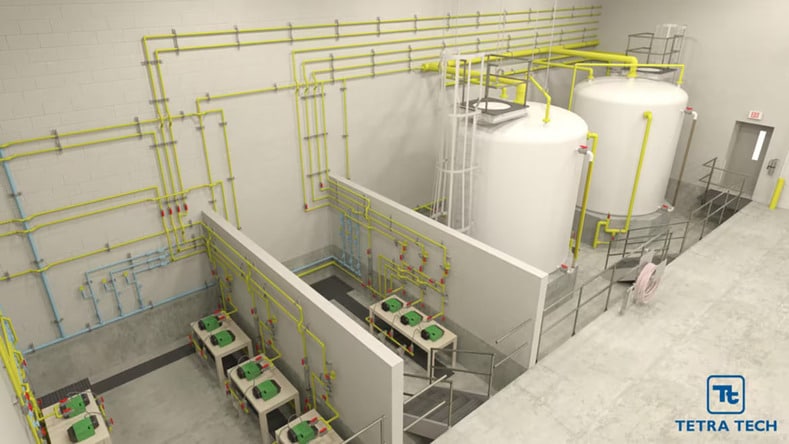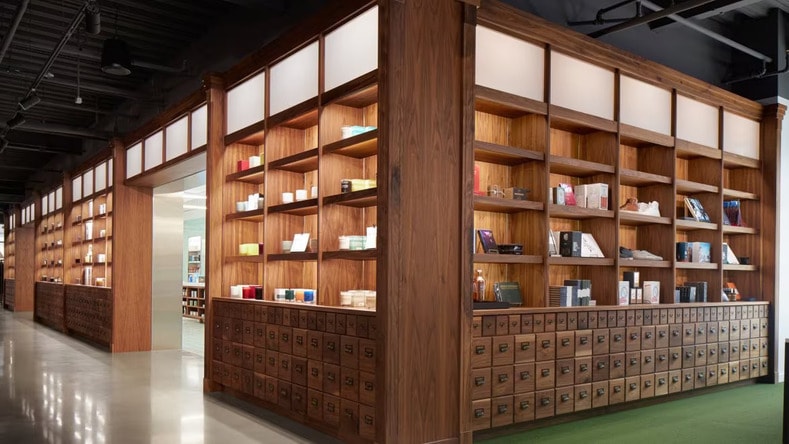& Construction

Integrated BIM tools, including Revit, AutoCAD, and Civil 3D
& Manufacturing

Professional CAD/CAM tools built on Inventor and AutoCAD
3D modeling is a computer graphics process of creating a mathematical representation of a 3D object or shape using specialized software. The digital rendering of the physical object is called a 3D model and various industries use them.
Industries including architecture, construction, product development, science, medicine, film, television, and video games use 3D modeling apps and software to visualize, simulate, and render graphic designs.
3D modeling starts with an artist generating a 3D primitive using numerous polygons such as a cube, cylinder, plane, or sphere. Then, the artist uses 3D modeling programs & tools to develop and refine the design into its new desired form. The 3D modeling workflow involves adding points in the 3D modeled space called vertices and adjusting their placement to manipulate the object’s shape by subdividing the polygons to create a new 3D object.
There are four basic types of 3D modeling: wireframe, surface, solid, and 3D sculpting (or polygonal) modeling. Wireframe modeling shows only the skeletal framework of an object or character using edges and vertices. By contrast, surface modeling uses a polygonal mesh to show a 3D model’s surface texture, shading, and color. Solid modeling goes beyond the surface and ultimately represents both the exterior and interior of the 3D-modeled object. Finally, 3D sculpting, or polygonal modeling, finishes the polygonal mesh of a 3D model with complex details and textures.
Powerful product design and engineering tools for 3D mechanical design, simulation, visualization, and documentation.
Plan, design, construct, and manage buildings with powerful tools for Building Information Modeling.
2D and 3D CAD tools, with enhanced insights, AI-automations, and collaboration features. Subscription includes AutoCAD on desktop, web, mobile, and seven specialized toolsets.
Autodesk is committed to helping educate tomorrow's leaders. Get free access to our entire portfolio of products with the Autodesk Education plan.
3D models are used across a wide range of industries.
VFX and animation studios use 3D modeling software to create CGI assets and characters for films and TV shows.
Game developers create 3D environments and characters for games and cinematics using 3D modeling tools.
The manufacturing industry uses 3D modeling software for product design, engineering, and concept rendering.
The architecture industry uses 3D modeling apps and software to render the interiors and exteriors of proposed buildings and environments.
Discover some of the top benefits of 3D modeling software from Autodesk.
With 3D modeling software, designers don’t need several rounds of evaluating physical prototypes. Instead, they can quickly adjust designs with user-friendly software.
Compared to 2D drawings, 3D modeling software designs can display the finest details from any angle, making evaluation faster and easier.
A large battery of 3D modeling software simulations can test for product malfunctions and safety under harsh conditions or for the movements and responses of 3D characters and objects.
Discover the top 3D modeling tools and features available with Autodesk software.
These techniques add realistic detail like color, topography, reflectivity, patterns, and wear to 3D objects and 3D scenes.
Rigging artists give 3D models a skeletal framework, which animators use to create the realistic movement of 3D animation.
Image courtesy of Maga Animation Studio
Autodesk’s Arnold software achieves photorealistic lighting through its proprietary lighting setups and works with standard Maya lights.
In this final step of animation, 3D rendering software generates finished images of the 3D models with effects like shading, reflections, and motion blurs.
TETRA TECH
With Autodesk Civil 3D and Revit for 3D modeling, this firm delivered a water treatment plant ahead of schedule and under budget.
Image courtesy of Tetra Tech
CYGAMES
The video game development studio Cygames used distinctive modeling tools and techniques within a broader suite of animation solutions to perfect a highly stylized and immersive visual experience.
Image courtesy of Sony Computer Entertainment America LLC
GANAS MANUFACTURING
This custom millwork and woodworking shop turned to the cost efficiency of Fusion 360 for 2D CAD, 3D modeling, CAM tools, and CNC programming.
Image courtesy of GANAS MFG
3D MODELING TOOLS
See how global 3D houses working in film, TV, gaming, and VFX achieve captivating results using Autodesk 3D modeling tools.
Image courtesy of Chocolate Tribe
Jumpstart your CAD skills and work toward certification by learning the fundamental workflows of Fusion 360 3D modeling software for design and manufacturing.
Get started with Revit 3D modeling software for architecture and learn to create and edit walls, doors, windows, roofs, stairs, and other elements and core modeling concepts.
Work toward certification for Inventor 3D modeling software with this professional course, which teaches skills in assembly modeling, mechanical motion, technical production drawings, and Inventor animations.
Access thousands of 3D assets for Maya and other 3D modeling software, including textures, models, landscapes, and more from Creative Market.
Learn 3D design, electronics, and coding with Tinkercad, the free web app with an enormous user community and hands-on projects available for any skill level.
Join Autodesk’s AREA 3D community to read user stories, share your work, and learn new skills with breakdowns and tutorials on 3D modeling software.
Learn more about 3D modeling software with these top questions frequently asked by users.
The best 3D modeling software for beginners should be free, easy to use, and highly accessible so as many people as possible can try their hand at a skill that is in demand, fun, and empowering.
For 3D design and learning associated electronics circuits and code, Tinkercad checks all the boxes for beginner-friendliness. It is available as a free web app (or iPad app). With its intuitive interface and quick tutorials, beginners can get up and running with 3D modeling in minutes.
Yes, 3D modeling software is essential for making 3D animation, and creators of any skill level can use it to create characters and CG assets for content ranging from short-form videos to games and feature films.
A full 3D animation software collection includes applications for every stage of the animation pipeline, including 3D modeling, motion capture, VFX, and 3D rendering.
3D sculpting is one of the final stages of 3D modeling in the media and entertainment industry, where 3D artists use digital sculpting and painting tools to add an impressive level of detail and texture to the polygons of 3D models. This technique is also referred to as polygonal modeling.
Using specialized software like Mudbox, 3D-sculpting artists bring characters and environments to life by adding complexity to their shapes and structures using a layer-based workflow.
Autodesk makes it easy to develop 3D modeling projects on your mobile device with 3D modeling apps. You can share, view, and comment on 2D and 3D DWG, DWF, Navisworks, and Revit software files. You can also review 3D models and animation in multiple formats and even create digital designs ready for 3D printing.
Autodesk offers its Fusion 360 3D-modeling program free to qualifying startups, hobbyists, and makers through a simple three-step verification process.
Built-in 3D modeling and sculpting tools in 3ds Max allow you to model 3D characters, environments, and elements quickly. Its efficient and flexible modeling toolset lets you automate your workflow so you can focus on producing high-quality renders in less time.
Autodesk 3D-modeling software is designed to allow secure collaboration on 3D files in one location with easy design review in a web browser. You can maintain an associative link to non-native CAD data and convert configurable 3D models into BIM objects.
3ds Max and Maya are both used by creative studios worldwide for 3D modeling, animation, visual effects, and rendering. 3ds Max offers a robust toolset for modeling, intuitive texturing and shading, and high-quality rendering, while Maya provides powerful tools for character creation, lifelike animation, and detailed simulations.
Read more about the differences between 3ds Max and Maya.
Free Autodesk software and/or cloud-based services are subject to acceptance of and compliance with the terms and conditions of the terms of use and/or other terms that accompany such software or cloud-based services. Software and cloud-based services subject to an Educational license or subscription may be used by eligible users solely for Educational Purposes and shall not be used for commercial, professional or any other for-profit purposes.
